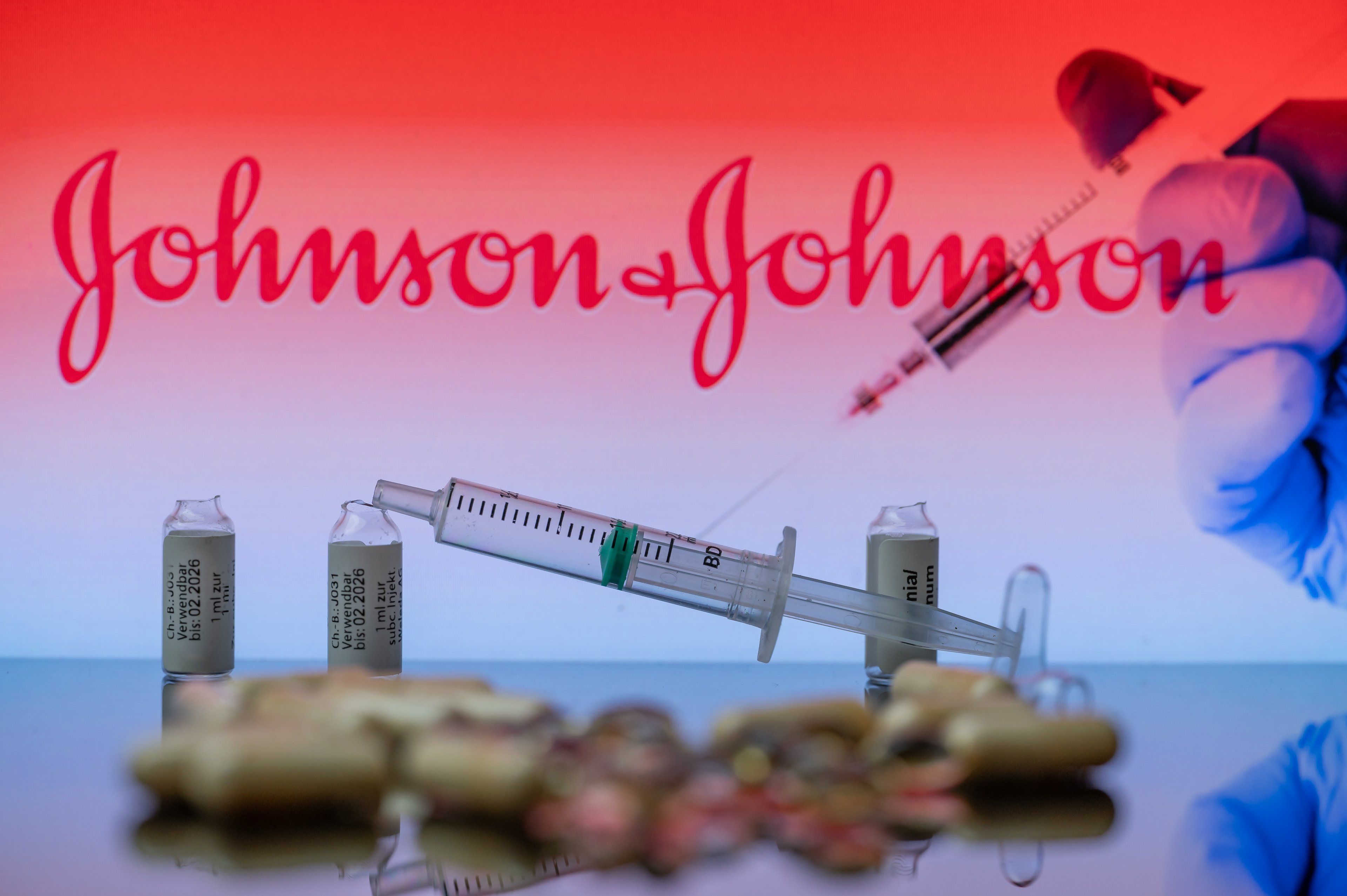In the race for new hepatitis C therapies, Bristol-Myers Squibb (BMY +1.76%) is done courting Gilead (GILD +2.34%), maker of the first all-oral treatment for hepatitis C Sovaldi (sofosbuvir.)
Following Gilead's approval of Sovaldi, Bristol-Myers has long been trying to convince Gilead to join forces in a combination drug of sofosbuvir and Bristol-Myers' daclatasvir. However, Gilead has resisted a partnership and has maintained its potential combination drugs in-house.
With daclatasvir's approval pending in Europe, Bristol-Myers has garnered the confidence to break away from a possible partnership and piggyback its use with Gilead's sofosbuvir potentially off-label. Medically, the combination of daclatasvir and sofosbuvir has shown stellar results. Studies have shown that 12-week combination therapy cleared 100% of the virus in a study of 41 patients who were refractory to prior treatments of Incivek and Victrelis, gold standard treatments for hepatitis C .
Gilead's in-house sofosbuvir-ledipasvir combination has proven that it offers potentially better results for genotype 1, the major genotype of HCV. However, Bristol-Myers' proposed daclatasvir and sofosbuvir combination looks like it is preferential for the less prevalent, but still significant, population of patients with genotype 3. What it lacks in reach of patient population, Bristol-Myers has made up with in time – likely the European approval of daclatasvir will come before approval of Gilead's in-house combination.
For a market that analysts estimate to be worth $100 billion , there are multiple ways to slice the pie for the various players. That pie, however, may be more valuable to Bristol-Myers than Gilead. The former New York company recently backed out of the diabetes market after the sale of a $4.3 billion stake with AstraZeneca. With a narrower focus on antivirals, cancer treatments, and specialty medications, Bristol-Myers needs to dominate each one even more to reinforce its lofty valuation.
Nonetheless, Gilead is positioned to take the biggest stake of that market with the blockbuster Sovaldi priced at $84,000 per treatment course with estimated $8.22 billion in sales by 2016 . Gilead's impending combination therapies coming later this year can only help, so it is no wonder that the giant is not willing to partner with Bristol-Myers.
The two companies are far from the only players in the quickly crowding field, however. Johnson & Johnson (JNJ +1.33%) actually gained FDA approval for its oral medication Olysio a month before Gilead's Sovaldi won approval. However, Johnson & Johnson's therapy targets a much smaller patient population based on efficacy with particular genotypes of hepatitis C.
Once daclatasvir gains approval, it will allow for off-label combinations for doctors satisfied with the existing studies on the combination. The European Medicines Agency's Committee for Medicinal Products for Human Use (CHMP) has already approved the use of a sofosbuvir-daclatasvir combination for compassion use in patients with genotype 1 who would otherwise be expected to die within a year. Executives at Bristol-Myers are hopeful that the movement in Europe will allow them to leverage the same in the United States. As such, while Gilead will still likely retain dominance for the prevalent genotype 1 hepatitis C market, Bristol-Myers may be able to effectively treat patients suffering from genotype 3. This would give the company a nice share of the market as well.








